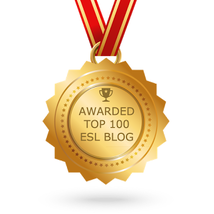|
Have you heard of escape rooms? They are pretty popular lately. Kind of an innovative way to build relationships while engaging a group of people in a real life puzzle. Breakout EDU brings a similar experience to the classroom. And if you haven't hear of it, you need to check it out! Students work in heterogeneous groups to solve a series of puzzles related to a unit of study. Students must work together in order to reveal the codes which unlock several locks in a set amount of time (usually 30-45 minutes). Teachers can create Breakout EDU games that address the curriculum and state standards for the grade level they teach. Does Breakout EDU support ELLs? Well, do you think critical thinking, communication, collaboration and creativity support ELLs? I'm willing to bet that your answer was YES! The Breakout EDU experience is all about working in cooperative groups where students share ideas, discuss, and reason with one another. You may recognize these C words and notice that they are the "Four Cs" in education. In An Educator's Guide to the Four C's, the National Education Association describes the Four C's as follows:
Communication is the conveying of information and ideas as well as listen attentively to decipher meaning. We want our students to effectively engage an audience and be able to hold a conversation for a range of purposes. Creativity is using a wide range of ideas through a meaningful process that inspires the development of original or innovative products, performances or solutions. Our goal is for students to work creatively with others to be open and responsive to new and diverse perspectives. Critical thinking is the ability to reason, analyze, evaluate, and synthesize effectively depending on the situation to make inferences and predictions, draw conclusions and solve problems. Collaboration is the ability to work effectively with others by sharing responsibilities, exchanging and evaluating knowledge and ideas, and building consensus in order to achieve a common goal. When students work as collaborative teams, they begin to value diverse perspectives and contributions from team members. Not only does Breakout EDU incorporate the Four Cs, but it also uncovers content that students need to learn and practice in the classroom. It's not teacher centered. This type of lesson is student centered and engaging. There is no time for misbehaving. Students are actively working together in teams to solve content related puzzles and it's a competition! They are up, out of their seats, talking, discussing ideas, questioning theories, trying again and building relationships. What more can you ask for? Reflection One of my favorite parts is at the end of the Breakout EDU game. Once the time is up, students gather in a Socratic Circle to reflect on the "game". Each student receives a reflection card (see below) and they take turns reading and answering their card. You can structure the Socratic Circle to fit your classroom needs. But I love that it brings the "game" to a close. The reflection wraps up the series of events that just occurred and leads the students to debrief the process asking questions like "How did you contribute to your team?", " How did your group utilize each individual's strengths?", or "Describe how another team member exemplified collaboration." students can pose a question and ask the group to answer. Or you can assign A/B partners and give each student a card. Then partner A asks partner B the question. B answers and vise versa. There are so many ways to debrief and use the reflection cards. Purchasing: What I would do... If I were at the campus level, I would want to purchase Breakout EDU kits for each grade level to use. For example, I would buy 4-5 per grade level and let them check out the kits among themselves. If funds are tight, I would start with purchasing 5 for my entire campus and go from there. I would begin by sharing with the teachers on campus how to use them by actually using them at a meeting. I recently did this with my team. Even adult learners love a great challenge and enjoy working together in a fun, engaging way! Need more info, check out the Breakout EDU website or contact me. Resources: A-Guide-to-Four-Cs http://www.nea.org Breakout EDU Comments are closed.
|
Categories
All
|
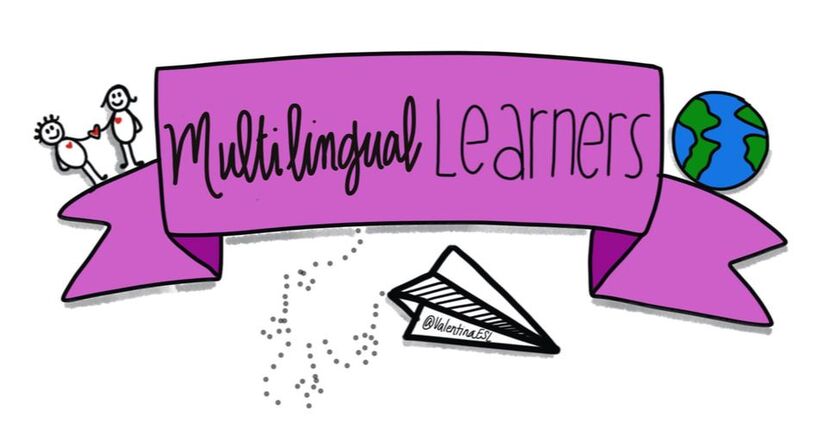
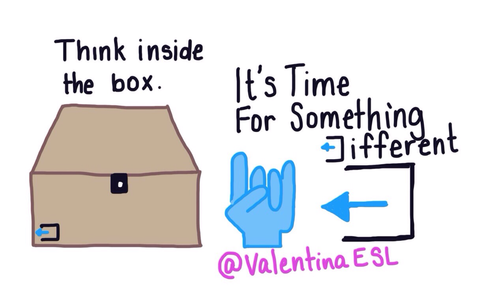
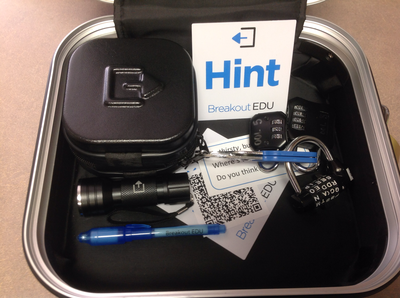
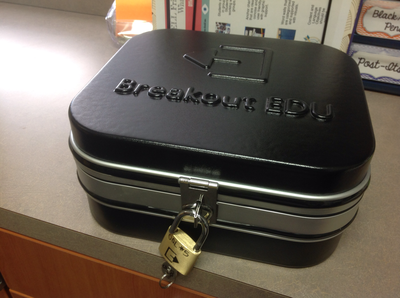
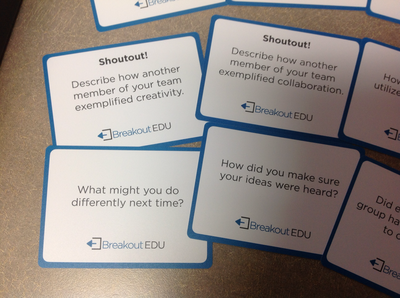
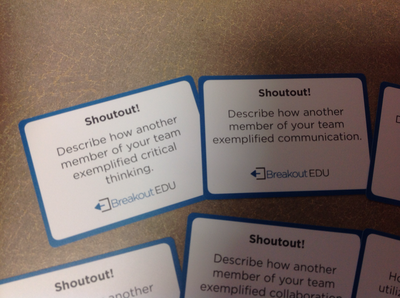
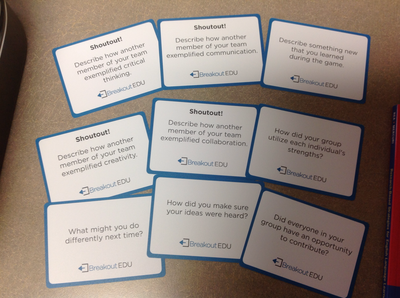
 RSS Feed
RSS Feed
